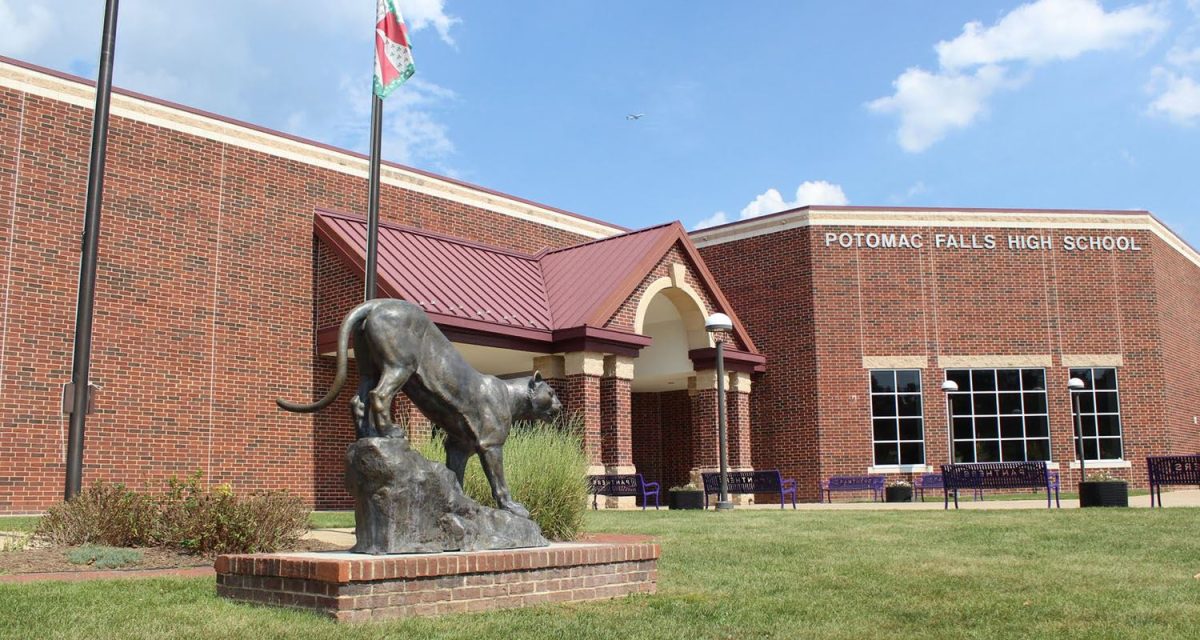With the 24-25 school year coming to a close, many students may find themselves with an F or two on their report cards. This is where credit recovery comes in; providing students a second chance at success.
Implemented in the 2020-2021 school year, credit recovery allows students to earn credits for the courses they need to graduate without needing to retake the class. Replacing what was commonly known as summer school, credit recovery has students completing work over the summer in order to demonstrate mastery and reach a passing grade or 60 percent.
Like all Loudoun County high schools, Potomac Falls offers credit recovery over the summer. With credit recovery, students prove their mastery in a course by completing work they missed and improving on work they did during the school year. Additionally with credit recovery, students are given the tools to bring a failing grade of an F up to a D- to receive an academic credit for the course. However, students can not receive DE or AP credits through credit recovery.
Credit recovery works like a safety net for students. There are two simple requirements in order to be eligible for credit recovery according to the Graduation Pathways Summary posted on the LCPS website. First, take courses required to earn credit. This step is usually completed long before senior year even begins. Second, retake a failed course from the first semester or review any SOL or performance assessments in order to be eligible for verified credit.
Credit recovery can take place anytime during the day, afternoon, or evening during the summer and must be completed by the deadline of June 30. “Students come to school on certain days during the summer and work independently on different parts of the course based on what sections of the year they received failing grades for, determined by their teacher,” said PFHS Science Department Chair Matt Almond, who organized the PFHS summer credit recovery team.
“One common misconception about this program that students have is that Summer Extended Credit Recovery [SECR] is ‘summer school,’” said Almond.
In contrast, this program is flexible with little “direct instructions” or “formal lessons,” which allows students to work at their own pace.
“Each student is working on different areas of the course specific to them and how the school year went. Because of this, SECR is really targeted at students who only received failing grades for part of the school year, not the whole school year, nor is it targeted towards students who haven’t had at least some success in learning the course material,” said Almond.
Instead, students who failed to learn the course material are encouraged to repeat the course the following year.
Credit recovery aims to uplift failing students and help them work towards getting on track for graduation. It is optional and something that requires initiative from anyone who feels that they need it.
“SECR is for students who would’ve received a passing grade under other circumstances and need just a bit more help to get to passing,” said Almond.


